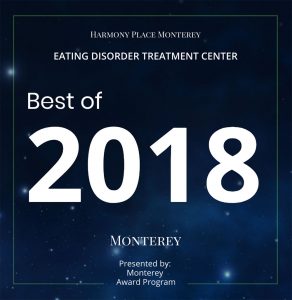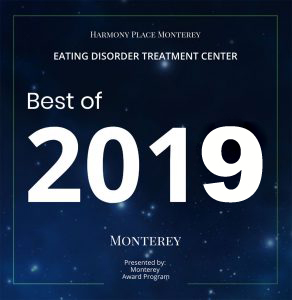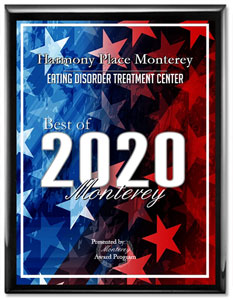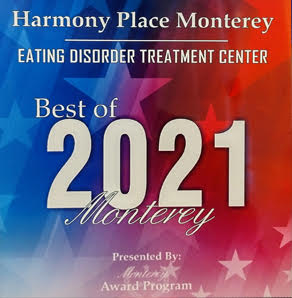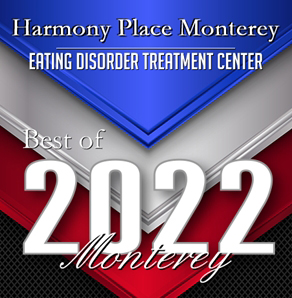If you or someone you care about is suffering from a behavioral health disorder like depression or anxiety, it may feel like you are entirely alone. Those who struggle with these conditions know all too well how they can become debilitating enough to prevent you from living a productive, fulfilling life. If your world has been knocked out of balance due to a behavioral health condition, professional treatment can help you to understand your illness and manage your symptoms to produce a higher quality of life overall.
What is a Behavioral Health Condition?
Behavioral health describes the relationship between our behaviors and choices and the integral health of our mind, body, and spirit. When the two do not work in proper synergy, a behavioral health condition can occur. These disorders can be seen in children as early as six months of age and often carry through into adulthood. The illnesses can become severe enough to directly impact your ability to function daily and strip your life of fulfilling relationships and the ability to pursue valued goals.
Mental health and behavioral health are terms that are often used interchangeably, which is why there is some confusion over the difference between the two. Mental health is limited to the biological aspect of the condition, while behavioral health integrates all the components of wellness. In addition to disorders like anxiety, behavioral health can encompass substance abuse and addiction, which are often symptoms of an underlying issue. The good news is that by changing behaviors, as well as our thinking patterns, we can learn to manage these types of disorders more efficiently.
At Harmony Place Monterey, we are committed to helping you achieve a higher state of behavioral health and wellness. Our experienced staff is ready to address the underlying causes of your disorder and help you work through those issues to improve your mental and behavioral health, as well as your quality of life.

Harmony Place Monterey Loves Smiles
Types of Behavioral Health Conditions We Treat
Behavioral health conditions can come in different forms, and our therapists have the training and experience to address all of them:
Bipolar Disorders
This condition is characterized by intense shifts in emotions, activity levels and sleep patterns. The shifts can be broken down into manic episodes, which are recognized by an increase in energy levels and activity, and depressive episodes, known for their sluggish energy and depressed state of mind. Treatment of bipolar disorder focuses on mood stability through a combination of psychotherapy and pharmacology.
Depression
Also known as major or clinical depression, this condition only features the depressive state of bipolar disorder, which is present all the time. People suffering from this disorder experience persistent feelings of sadness and lack of interest in people and activities. Unipolar depression is often caused by previous trauma or loss in a person’s life, which can be explored during treatment.
Obsessive-Compulsive Disorder (OCD)
This type of anxiety disorder incorporates unwanted, recurring thoughts (obsessions) and repetitive, ritualized behaviors (compulsions). This condition is seen in both children and adults and can be quite debilitating. The obsessions and compulsions can become so frequent; they interfere with a person’s ability to function daily. A combination of psychotherapy and pharmacology are often needed to manage the symptoms.
Post-Traumatic Stress Disorder (PTSD)
PTSD usually occurs after an extreme experience that the person is unable to process at the time it happened. Instead, symptoms may appear later as sleep disturbances or intrusive thoughts and memories. People with PTSD may develop anxiety, depression or violent tendencies as a result. Exposure-based therapies are required to overcome this disorder in most cases.
Anxiety
There are a variety of anxiety disorders diagnosed today, and all are characterized by a feeling of extreme fear and dread that can interfere with daily life. These disorders are considered the most common of all behavioral health conditions and may require a combination of treatment modalities to address.
Depression
Depressive disorders are marked by persistent, prolonged feelings of sadness and lack of self-worth. The condition occurs more frequently in women, although men can also struggle with depression. While medication is often prescribed for this condition, combining medication with psychotherapy tends to be a more effective treatment approach.
Types of Behavioral Health Conditions We Treat
Behavioral health conditions can come in different forms, and our therapists have the training and experience to address all of them:
Bipolar Disorders
This condition is characterized by intense shifts in emotions, activity levels and sleep patterns. The shifts can be broken down into manic episodes, which are recognized by an increase in energy levels and activity, and depressive episodes, known for their sluggish energy and depressed state of mind. Treatment of bipolar disorder focuses on mood stability through a combination of psychotherapy and pharmacology.
Unipolar Depression
Also known as major or clinical depression, this condition only features the depressive state of bipolar disorder, which is present all the time. People suffering from this disorder experience persistent feelings of sadness and lack of interest in people and activities. Unipolar depression is often caused by previous trauma or loss in a person’s life, which can be explored during treatment.
Obsessive-Compulsive Disorder (OCD)
This type of anxiety disorder incorporates unwanted, recurring thoughts (obsessions) and repetitive, ritualized behaviors (compulsions). This condition is seen in both children and adults and can be quite debilitating. The obsessions and compulsions can become so frequent; they interfere with a person’s ability to function daily. A combination of psychotherapy and pharmacology are often needed to manage the symptoms.
Post-Traumatic Stress Disorder (PTSD)
PTSD usually occurs after an extreme experience that the person is unable to process at the time it happened. Instead, symptoms may appear later as sleep disturbances or intrusive thoughts and memories. People with PTSD may develop anxiety, depression or violent tendencies as a result. Exposure-based therapies are required to overcome this disorder in most cases.
Anxiety
There are a variety of anxiety disorders diagnosed today, and all are characterized by a feeling of extreme fear and dread that can interfere with daily life. These disorders are considered the most common of all behavioral health conditions and may require a combination of treatment modalities to address.
Depression
Depressive disorders are marked by persistent, prolonged feelings of sadness and lack of self-worth. The condition occurs more frequently in women, although men can also struggle with depression. While medication is often prescribed for this condition, combining medication with psychotherapy tends to be a more effective treatment approach.
Disorder
Dissociative disorders are recognized by a breakdown in a person’s memory, sense of identity, or awareness of their environment and the world around them. These conditions frequently occur after some trauma, so identifying the trigger is essential in helping the individual overcome the disorder and manage the symptoms.
Dual Diagnosis
A dual diagnosis consists of a combination of a mental illness and an addiction that take place at the same time. In some cases, the addiction occurs later as the person uses drugs or alcohol in an attempt to “self-medicate” the disorder. Other times, substance abuse may bring on a mental illness or exacerbate one that has lain dormant for a period.
Social Anxiety
Social anxiety is a specific type of anxiety disorder that involves a fear of social events and interactions with other people. When the person does have to interact with others, feelings of self-consciousness and being negatively judged by others can be very debilitating.
Treatment Options
There are a variety of ways we can treat behavioral health conditions at Harmony Place Monterey. From intense outpatient to residential treatment programs, we can tailor your treatment plan to your precise needs. We will assess the symptoms of your condition, including addictions and other concerns, to identify and address the underlying issues and work through them using a variety of treatment modalities. To learn more about our programs or get help for you or someone you love, contact Harmony Place Monterey today at 831 747 1727.

